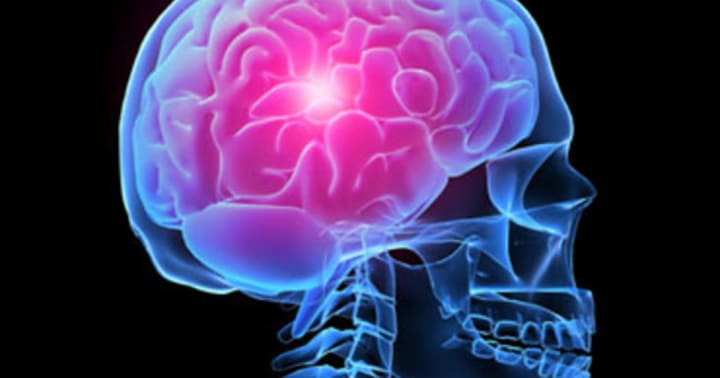You Won't Believe These Effects of Music on You!
Is your favorite genre of music benefitting or harming you?

Music has been a part of human culture for thousands of years, and its impact on the brain is both fascinating and complex. Different genres of music can affect our brain in different ways, and it all comes down to the beats, lyrics, and other aspects of the music.
Classical music, for example, is often associated with relaxation and stress relief. This is because classical music is usually slow-paced, with long notes and gentle rhythms. These elements help to slow down our breathing and heart rate, which in turn leads to a calming effect on the brain.
On the other hand, upbeat genres such as pop and hip-hop are known for their fast beats and energetic rhythms. These fast-paced beats can increase our heart rate, which can make us feel more alert and awake. Additionally, upbeat music can also help to boost our mood and energy levels, making us feel more motivated and productive.

Rock music, with its heavy and intense beats, is often associated with feelings of aggression and rebellion. This is because the music is designed to evoke strong emotions, and the lyrics often contain themes of anger and frustration. As a result, rock music can stimulate the release of adrenaline in the brain, which can lead to feelings of excitement and energy.
Another genre of music that has a unique impact on the brain is jazz. Jazz music is known for its improvisational style, and this improvisation can help to stimulate the creative part of our brain. Additionally, the complex melodies and rhythms in jazz music can help to improve our cognitive abilities, such as problem-solving and memory retention.
For these reasons, music can have a powerful impact on the brain, and different genres of music can affect us in different ways. Whether it's the beats, lyrics, or other aspects of the music, there's no denying that music has the power to shape our mood, thoughts, and emotions. So, the next time you listen to your favorite song, take a moment to think about how it's affecting your brain, and why it's having that impact.
Switching to the direct impact music has on your brain, I want to talk through some of the chemical changes that occur during music listening. Music has a profound effect on the brain, and this impact is not just limited to our thoughts and emotions. Music also has a chemical effect on the brain, influencing the release of various neurotransmitters and hormones.
For example, listening to music has been shown to increase the release of dopamine in the brain. Dopamine is a neurotransmitter associated with feelings of pleasure and reward, and the release of dopamine can help to boost our mood and overall well-being.

Another chemical effect of music is the release of serotonin, a hormone that helps to regulate mood and improve overall feelings of happiness. Serotonin levels are increased by listening to music that is relaxing, soothing, and calming, and this increased release of serotonin can help to reduce anxiety and stress.
Music can also stimulate the release of oxytocin, a hormone associated with feelings of love, trust, and social bonding. Oxytocin is released in response to music that evokes positive emotions, and this release of oxytocin can help to improve our social skills and enhance our relationships with others.
The effects of music on the brain are not limited to these neurotransmitters and hormones. Music can also influence the release of cortisol, a hormone associated with stress, and the release of cortisol can be reduced by listening to relaxing and soothing music.

In conclusion, the chemical effects of music on the brain are truly remarkable. By influencing the release of various neurotransmitters and hormones, music has the power to affect our mood, emotions, and overall well-being. So, the next time you turn on your favorite song, remember that you're not just listening to music - you're also influencing the chemicals in your brain.
About the Creator
Aaron Volf
Discover a new perspective on life through my eyes. With a unique voice, attention to detail, and a passion for exploring new ideas, my writing will leave you inspired, informed, and eager for more.
Enjoyed the story? Support the Creator.
Subscribe for free to receive all their stories in your feed. You could also pledge your support or give them a one-off tip, letting them know you appreciate their work.






Comments
There are no comments for this story
Be the first to respond and start the conversation.